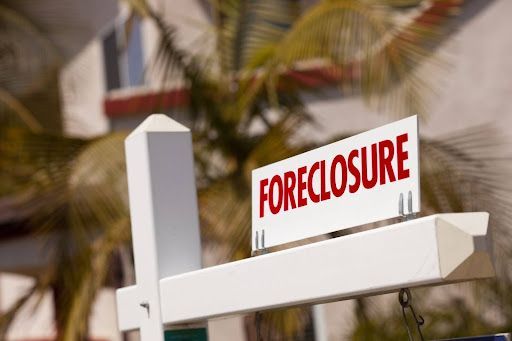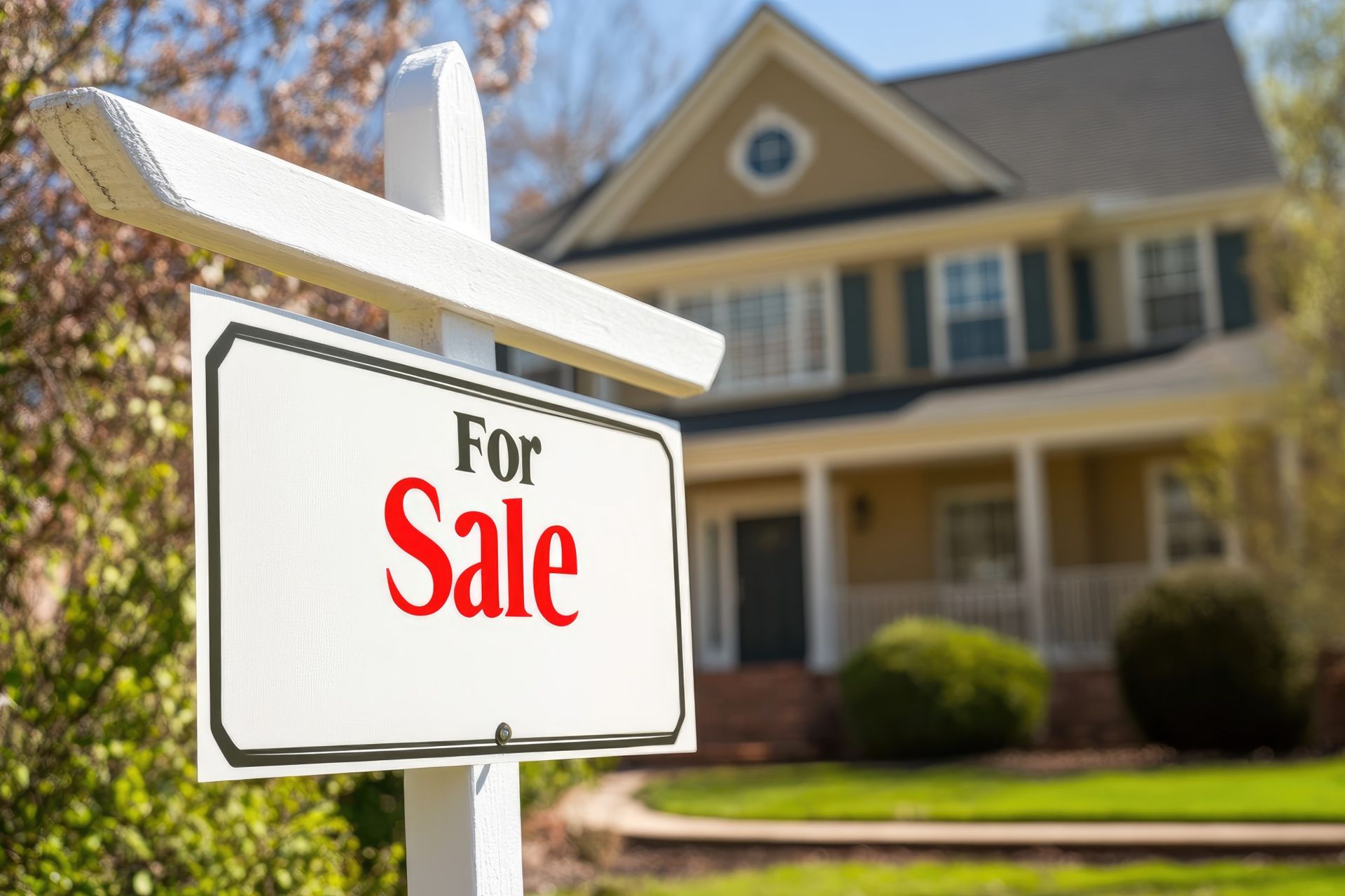Call or Text (786) 756-8805 to get a cash offer on your house!
The Pros and Cons of Selling Your Property 'As-Is' in Miami
Selling a home “as-is” can be an appealing option if you’re looking for a streamlined process. Instead of investing time and resources in repairs or cosmetic updates, you simply present the property in its current condition and let potential buyers decide if it meets their criteria. This approach can significantly reduce the stress of preparing for a home sale, but it also comes with certain challenges. In Miami, where state-specific regulations and market conditions factor into your decisions, understanding the advantages and drawbacks of an “as-is” sale can help you determine whether it’s the best path forward.
Understanding What “As-Is” Really Means
When you list a property “as-is,” you’re essentially communicating that the home will be sold in its current state, without the promise of repairs or alterations prior to closing. This does not necessarily exempt you from disclosure obligations, as Florida law still requires sellers to inform buyers about any known defects or issues that might affect the property’s value or safety. For more information on seller disclosure requirements, see the Florida Bar guidelines to ensure you fully understand your responsibilities.
It’s important to note that selling “as-is” doesn’t automatically mean a buyer won’t attempt to negotiate. Buyers can still request concessions or price reductions if they discover significant problems with the home during the inspection period. However, at its core, an “as-is” listing signals that you won’t proactively fix those issues before completing the sale.
Why Some Sellers Opt for an “As-Is” Sale
One of the main attractions of an “as-is” sale is the relative simplicity. If your property has a few quirks or you’re pressed for time, avoiding lengthy repair projects and showings can relieve much of the typical stress associated with the home-selling process. Miami homeowners who have inherited a property, for instance, may choose this route if they lack the resources or inclination to deal with repairs.
Selling “as-is” can also expedite the timeline. Rather than wait for contractors to complete renovations, you can list your property quickly and potentially close on the sale sooner. This is particularly beneficial for sellers who need to relocate or resolve financial obligations as soon as possible.
Potential Drawbacks to Consider
While an “as-is” sale can simplify the process, it may narrow your pool of interested buyers. Because some mortgage lenders have strict standards regarding property condition, you might lose out on potential offers from buyers who require certain repairs to secure financing. Additionally, many buyers who do consider “as-is” properties expect a substantial discount, assuming that they’ll be responsible for any future improvements.
There’s also the possibility that unforeseen problems could surface during inspection, leaving the buyer with second thoughts or prompting them to renegotiate the offer. While you may not be obligated to fix the issue, the discovery of major defects can derail a sale or significantly reduce your final sale price.
Legal Factors You Can’t Overlook
In Florida, selling your home “as-is” doesn’t remove your duty to disclose known material defects. According to Florida Statute 689.25, a seller is required to inform buyers about any facts that materially affect the property’s value and that may not be easily observable. Failure to do so can result in legal complications—even if you stated the home was being sold “as-is.”
Moreover, any liens or unresolved legal matters must still be addressed. You can’t pass on those burdens simply because the house is offered in its current state. If your property has existing code violations, for instance, you’ll need to disclose those as well. For additional clarity on state regulations, consult the Florida Department of Business & Professional Regulation for up-to-date information.
How “As-Is” Could Affect Your Sale Price
Whether you’re in Miami or another market, offering a home “as-is” typically influences the sale price. In many scenarios, buyers expect a reduction to compensate for potential repair costs. According to a study by ATTOM Data Solutions , distressed properties, which are often sold “as-is,” can sell for about 17% less than non-distressed properties, reflecting the broader discount associated with perceived risk and necessary repair work.
While your personal situation may not match those statistics exactly, they’re indicative of the general market perception. Buyers tend to view “as-is” properties with caution, even if major repairs aren’t needed. Prepare for offers that factor in extra costs, as savvy buyers will likely calculate what it might take to address any issues discovered during inspection.
Deciding If Selling “As-Is” Is Right for You
Choosing whether to list your Miami property “as-is” hinges on factors such as your financial situation, timeline, and willingness to negotiate. For some, the convenience of skipping repairs and final touches outweighs the potentially lower selling price. If you’re strapped for time—perhaps relocating for work or dealing with an inherited home—minimizing the hassle can be a game-changer.
On the other hand, if you have the resources and time to address significant defects, you might ultimately net a higher profit by repairing them first. Even though you’re aiming to avoid major upgrades or improvements, fixing life-safety issues or functional problems can go a long way in attracting more qualified buyers and higher offers.
Expert Perspectives on the “As-Is” Approach
Real estate and legal experts point out that full transparency is crucial when listing an “as-is” property. While you aren’t obligated to remedy defects, disclosing issues up front can build trust and reduce the likelihood of late-stage deal collapse. Should a buyer back out due to undisclosed structural or safety problems, you risk not only the loss of that sale but also potential legal repercussions.
Professionals involved in property transactions also highlight the importance of setting a realistic listing price that aligns with the property’s condition. Setting the asking price too high may deter potential buyers who are already cautious about homes that come with the “as-is” label. Pricing your home competitively can attract investors or cash buyers who are prepared to move quickly, making the sales process more efficient.
Finding Support in Miami
If you’re considering selling your Miami home “as-is” and want guidance tailored to your circumstances, you can explore the resources at Trusted Capital Homes . Understanding how to effectively communicate your property’s condition, navigate disclosure requirements, and price the home appropriately can make a noticeable difference in your experience.
While selling “as-is” isn’t a universal solution, it can be the right choice if your priority is to expedite the sale or avoid extensive repair costs. Take stock of variables such as your budget, timeframe, and risk tolerance. Be transparent about your property’s condition, and set a price that reflects any known issues. By weighing the pros and cons specific to your Miami property, you can reduce the stress often associated with real estate transactions and decide on the selling strategy that best meets your goals. If you need assistance deciding what the best move for your house is, contact our team at Trusted Capital Homes today !








